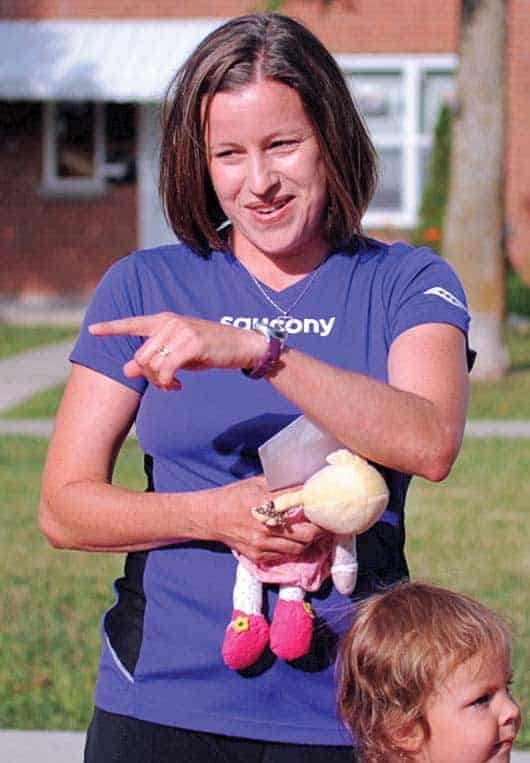;
;
;
Next Article
Media diversity better for public watchdog role

Running marathons takes commitment and hard work. Finishing a marathon with a broken leg is a whole other grueling story. Krista DuChene, who has the second-fastest female marathon time in Canada, finished third in the Canadian Half Marathon Championships in Montreal on April 28. She hobbled over th
Last updated on May 04, 23
Posted on Jul 11, 14
4 min read
